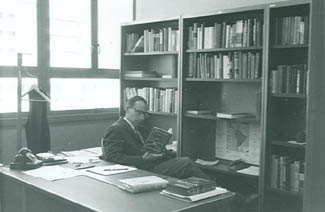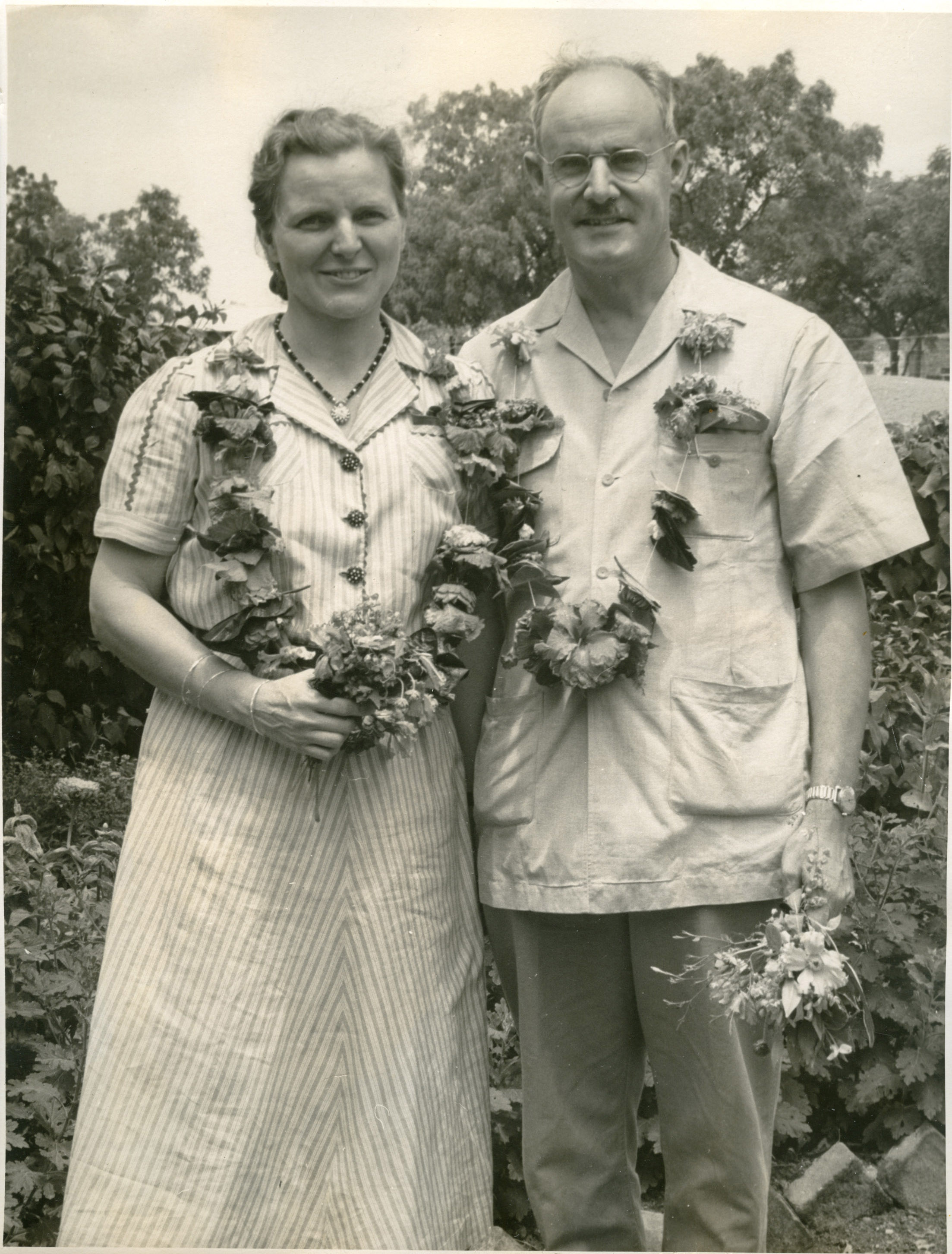Mary E. Tucker Journal and Receipt book
ca.1854-1890
1 vol. 0.1 linear feet
Call no.: MS 076 bd
The second child of attorney George J. Tucker and his first wife, Eunice, Mary E. Tucker was born in Lenox, Mass., ca.1835, and raised there with her elder brother Joseph and sisters Maria, Harriett, and Sarah. Mary died at a tragically young age on August 20, 1855. She is buried with her father and sister Maria in the town’s Church on the Hill Cemetery.
As small as the volume is, it is a complex book, consisting of two main parts, neither with certain authorship. Approximately the first third of the volume is comprised of brief notes on sermons delivered by Congregational minister Edmund K. Alden and other, 1854-1862, while the rest is a well-organized receipt book kept in a different hand. The receipts are arranged in sections devoted to bread and cake, soups, fish, meats, vegetables, pastry, puddings, other desserts, cake, preserves and jellies, miscellaneous, and pickles and sauces. Several recipes are attributed to other writers, including the well-known cookbook author Juliet Corson.
Subjects
Cooking, American--Massachusetts--LenoxLenox (Mass.)--History--19th centurySermons--Massachusetts--LenoxContributors
Alden, Edmund K.Types of material
Cookbooks



